Our Short & Long term programs
Gender Based Violence (GBV)
The program by Imani-Resilience in Uganda plays a pivotal role in addressing a pressing societal issue with far-reaching consequences. By providing support, advocacy, and education, this program contributes to the protection and empowerment of individuals affected by GBV, particularly women and girls who are disproportionately impacted. It serves as a critical lifeline for survivors, offering a safe space to seek assistance, access resources, and rebuild their lives in the aftermath of trauma. Additionally, the program plays a crucial role in challenging harmful gender norms and promoting gender equality, ultimately contributing to the creation of safer and more inclusive communities. Through its multifaceted approach, the GBV program not only addresses immediate needs but also works towards long-term prevention and societal change, highlighting its significance in fostering resilience, dignity, and justice for all.
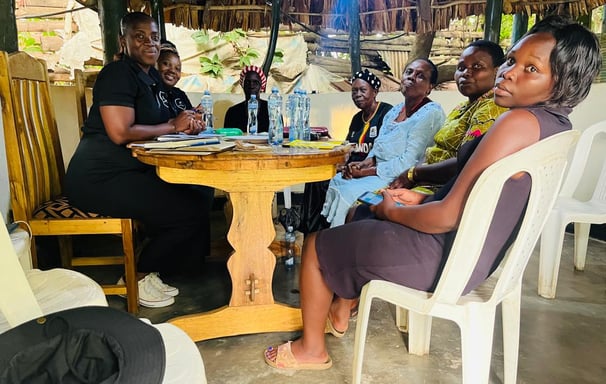

Mobile Clinics Program
The Mobile Clinics program by Imani-Resilience in Uganda plays a vital role in expanding access to mental health care by bringing services directly to the doorsteps of Ugandans. In a country where mental health resources are often scarce and access to care is limited by geographical barriers, mobile clinics serve as a lifeline for communities in need. By traveling to remote and underserved areas, the program ensures that individuals who may otherwise lack access to traditional mental health facilities can receive timely and essential support. This initiative not only provides crucial interventions and treatments but also promotes mental health awareness, reduces stigma, and empowers individuals to seek help when needed. Ultimately, the Mobile Clinics program is a beacon of hope, delivering compassionate care and fostering resilience in communities across Uganda.
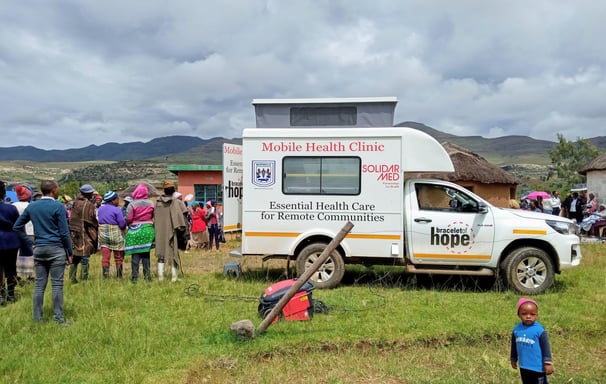

ImaniHub
The "ImaniHub" program by Imani-Resilience holds significant importance in Uganda as it revolutionizes access to mental health services across the country. Serving as an online marketplace for all mental health stakeholders, the platform not only centralizes resources but also fosters collaboration among professionals, organizations, and individuals invested in mental wellbeing. Particularly impactful is its facilitation of remote mental health services, which addresses the significant barriers of distance, stigma, and limited resources prevalent in Uganda. By leveraging technology to bridge gaps and connect individuals with the support they need, ImaniHub has the potential to transform the landscape of mental health care, empowering individuals to seek help and fostering a culture of mental wellness throughout Uganda and beyond.
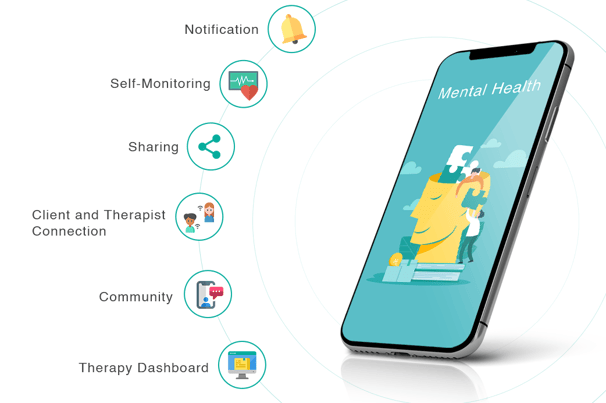

Rural tertiary/vocational institutions
This program plays a vital role in enhancing rural household resilience and alleviating poverty rates by equipping young people in rural areas with valuable skills and opportunities. By providing access to vocational training and tertiary education in remote communities, the program empowers individuals to develop sustainable livelihoods and secure employment opportunities, thereby reducing economic vulnerability and dependency. Moreover, investing in education and skill development fosters a sense of purpose, accomplishment, and self-esteem among participants, contributing to their overall mental wellness. By addressing socio-economic disparities and promoting self-reliance, the program not only enhances the economic prospects of rural households but also strengthens their psychological resilience and wellbeing, laying a foundation for long-term prosperity and social development.
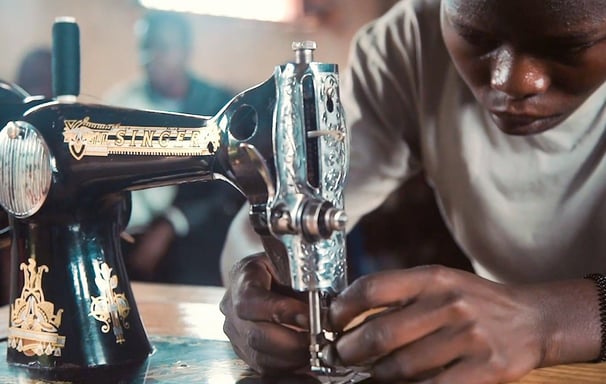

Regional Rehabilitation Centres
This program plays a pivotal role in addressing the complex challenges faced by individuals struggling with mental health issues. By providing comprehensive rehabilitation services, including counseling, therapy, skill-building workshops, and community support, the program offers a lifeline to those navigating the journey of recovery. In a country where mental health stigma persists and access to care remains limited, these centers serve as safe havens where individuals can heal, regain their independence, and reintegrate into society with dignity. Moreover, the program fosters a culture of compassion, understanding, and inclusion, challenging societal norms and promoting mental health awareness at the grassroots level. Ultimately, the Rehabilitation Centres program embodies Imani-Resilience's commitment to empowering individuals, families, and communities to overcome adversity and thrive in the face of mental health challenges.
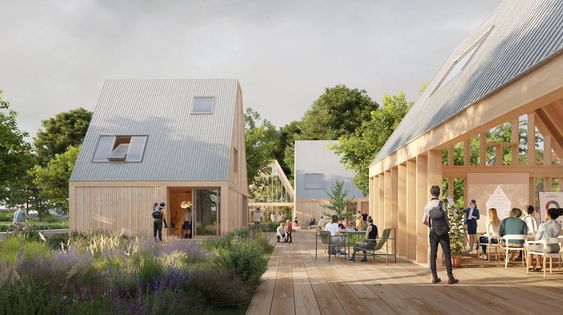

Imani Resilience
imaniresilience@gmail.com
+256 783455758 | +256 778 253209
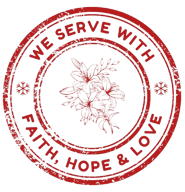

All rights Reserved to Imani Resilience Company Limited
